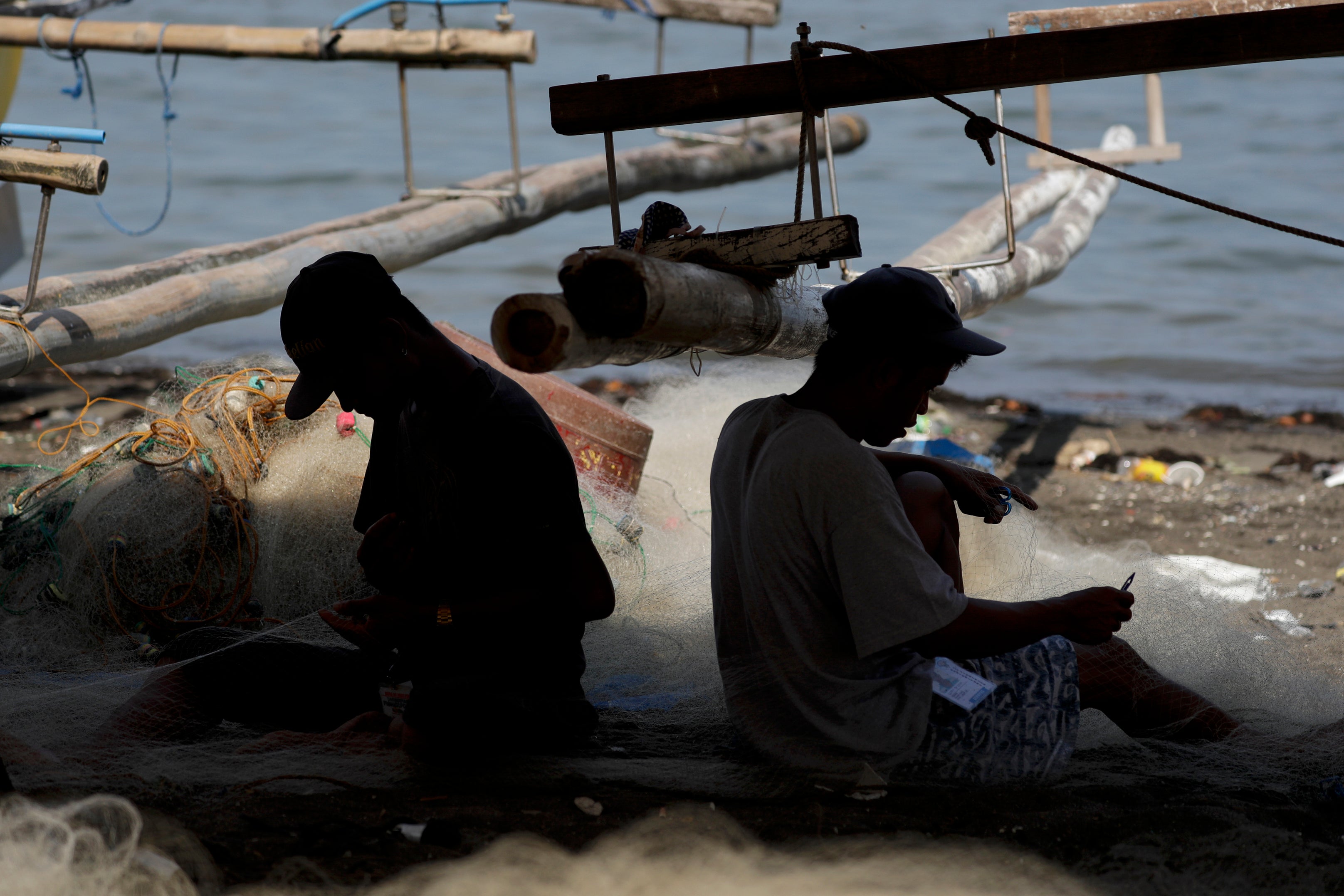Canada forges agreement to help Philippines track illegal fishing vessels using satellite technology
Filipino officials say Canada will help the Philippines detect illegal fishing with its satellite surveillance system under a new agreement

Your support helps us to tell the story
From reproductive rights to climate change to Big Tech, The Independent is on the ground when the story is developing. Whether it's investigating the financials of Elon Musk's pro-Trump PAC or producing our latest documentary, 'The A Word', which shines a light on the American women fighting for reproductive rights, we know how important it is to parse out the facts from the messaging.
At such a critical moment in US history, we need reporters on the ground. Your donation allows us to keep sending journalists to speak to both sides of the story.
The Independent is trusted by Americans across the entire political spectrum. And unlike many other quality news outlets, we choose not to lock Americans out of our reporting and analysis with paywalls. We believe quality journalism should be available to everyone, paid for by those who can afford it.
Your support makes all the difference.Canada will help the Philippines detect illegal fishing with its satellite surveillance system under a new agreement, Philippine officials said Monday.
The arrangement gives the National Coast Watch Center of the Philippines access to data from Canada’s “Dark Vessel Detection System,” which harnesses satellite technology to track illegal fishermen even if they switch off their location transmitting devices, the Department of Foreign Affairs in Manila said.
Illegal and unregulated fishing is a problem across the Philippine archipelago, including in disputed areas of the South China Sea. The Philippine coast guard has accused Chinese coast guard ships and fishing vessels of switching off their location-transmitting devices to avoid detection and surveillance.
Canadian and Philippine officials signed the agreement last week on the sidelines of talks held in the Canadian capital of Ottawa to discuss ways to strengthen relations between the two countries, the Foreign Affairs Department said without providing other details.
China claims virtually the entire South China Sea on historical grounds but this was invalidated by an arbitration tribunal ruling in 2016. China refused to participate in the arbitration sought by the Philippines, rejected the ruling as a sham and continues to defy it.
Aside from China and the Philippines, Vietnam, Malaysia, Taiwan and Brunei have had overlapping territorial claims in the South China Sea, which straddles one of the world's busiest sea lanes.
Canada is among several Western countries that have recognized the 2016 arbitration ruling and called on countries, including China, to respect it.